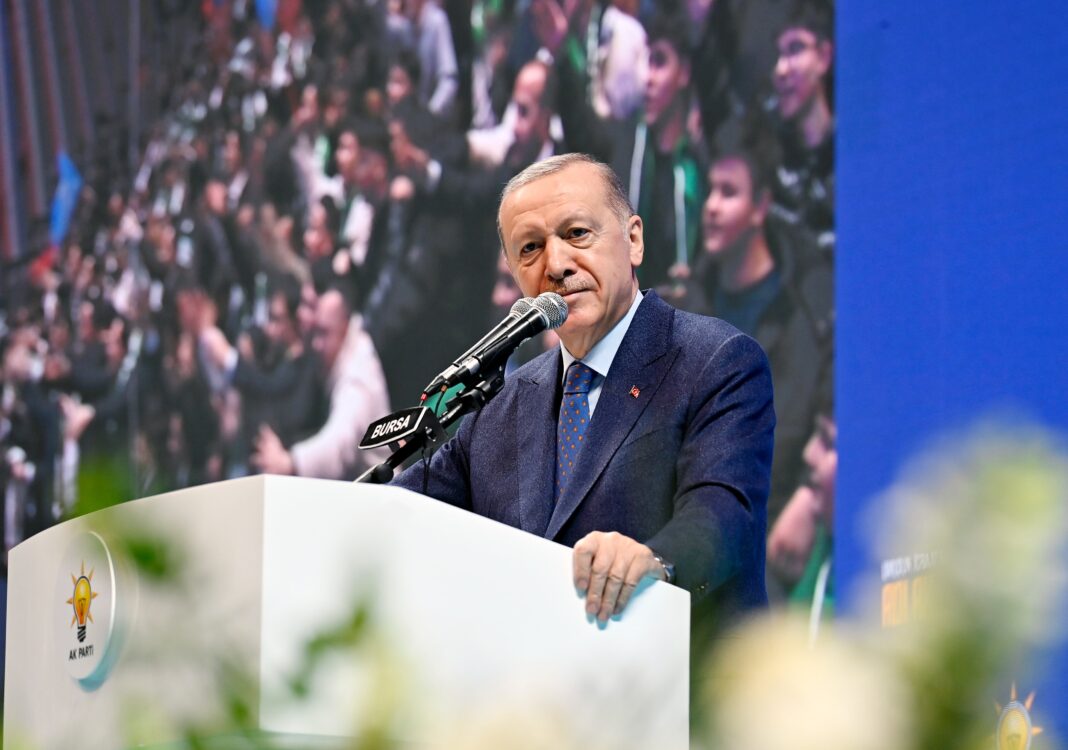Turkish President Recep Tayyip Erdoğan on Saturday defended a 30 percent increase in the minimum wage for 2025, arguing that it exceeds inflation targets, as critics claim it falls short of addressing the people’s financial needs amid a rising cost of living, Turkish media reported.
Erdoğan announced on Tuesday that the minimum wage would increase to 22,104 Turkish lira ($630) from 17,002 lira in 2024, a decision affecting over 7 million workers.
While Erdoğan highlighted that the increase was higher than the Turkish Central Bank’s projected inflation rate for 2025, opposition leaders, labor unions and economists criticized it as inadequate in the face of November’s official inflation rate of 47.9 percent.
Erdoğan dismissed the backlash, stating, “Whether they like it or not, we take calculated steps,” during a speech at a provincial congress of the ruling Justice and Development Party (AKP) in Bursa.
Erdoğan also argued that most workers in urban areas earn more than the minimum wage when additional benefits like transportation and meal allowances are factored in.
“We ensure that an individual earning the minimum wage can sustain a reasonable standard of living,” he claimed, adding that businesses offering higher wages face no restrictions.
Opposition parties reacted sharply to the increase, accusing Erdoğan of being disconnected from the realities faced by everyday Turks.
Özgür Özel, leader of the main opposition Republican People’s Party (CHP), described the wage hike as a “mockery” of workers’ struggles during a rally in Ankara’s Tandoğan Square on Saturday.
“If there is no way to make a living, there must be [early] elections.”
İstanbul Mayor Ekrem İmamoğlu echoed these concerns, pointing out that the new wage fails to cover even one month’s rent in the city. Both leaders demanded a mid-year wage adjustment to better reflect inflation.
Labor unions joined the chorus of criticism this week, with Ergün Atalay, head of Türk-İş, labeling the 30 percent hike “unacceptable.” He announced that Türk-İş would withdraw from the Minimum Wage Determination Commission unless a more equitable adjustment is made.
Arzu Çerkezoğlu, leader of the Confederation of Progressive Trade Unions (DİSK), condemned the increase as a “symbol of indifference to the working class,” accusing the government of ignoring the needs of millions.
Economists warn that the wage increase could exacerbate inflationary pressures in the coming months, with projections suggesting a potential rise of 1.5 to 5 percentage points in annual inflation.
Turkey’s inflation rate, which peaked at 75 percent earlier in 2024, fell to 47.09 percent in November, but economists note that the decline remains slower than anticipated due to inconsistent monetary policies.
